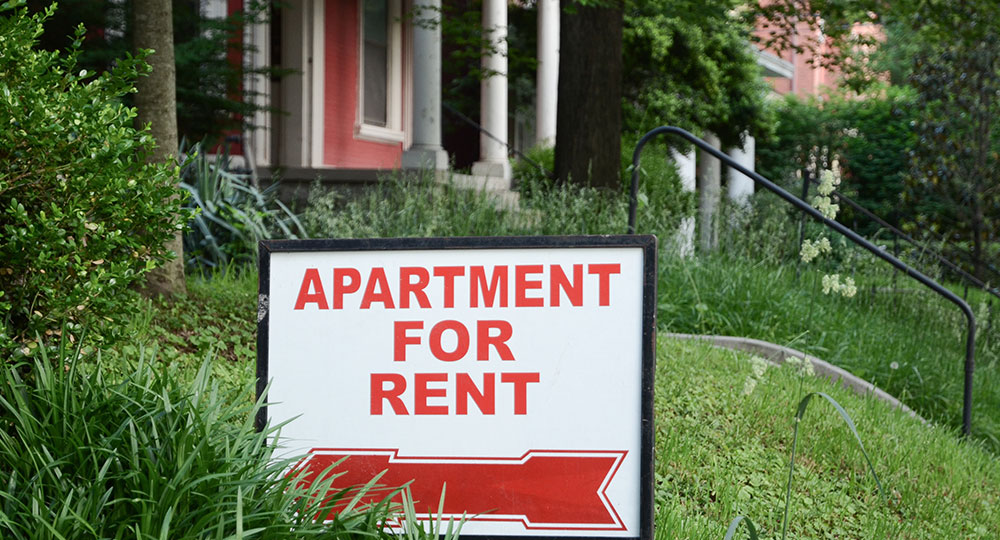
Last month, our CUP touched on the fact that in the City of Miami Beach, illegal rentals might mean jail time. The problem, however, is not limited to beach front condominiums. Many single family home and townhome communities are facing similar issues. These homeowner associations, struggling with short term rental issues, want rental policies that impose minimum and maximum rental periods. Rental restrictions for a homeowners association are most commonly found in the declaration of covenants. If the documents are silent, then the board cannot impose a rental period restriction without a member vote to amend the declaration. If the documents provide some authority, then the ability to regulate rentals depends on the language. The problem is that most short term renters come and go before the board even know that the rental. And the short-term renters can be deceptive. For instance, many renters are coached to say they are a cousin of the owner or simply a guest (not a renter), thus permitting owners to get away with it for some time before the board picks up on the pattern. It is therefore recommended that if a homeowners association has rental restrictions (or is looking to add them), the board should discuss not just establishing minimum/maximum rental terms, but also other restrictions aimed at minimizing the ever popular trend of short-term rental income streams.
I started this article mentioning the short-term rental problem being more prevalent in condominiums, thus causing many condominium associations to reconsider their rental restrictions. The Florida Supreme Court addressed condominium rental restrictions in the 2002 landmark decision of Woodside Village Condominium Association v. Jahren. In this case, a condominium association amended its declaration to severely limit rentals by prohibiting annual and other long term rentals, basically only permitting seasonal rentals. Certain owners complained that they bought their units with the specific intention of leasing them annually, which was permitted at the time of purchase. The Florida Supreme Court found in favor of the association, ruling that when owners buy their units they are on notice that the contract that spells out their legal rights (i.e., declaration) can be amended. That was not where the issue ended, however. In 2004, the Florida Legislature amended the Condominium Act to require that an amendment prohibiting unit owners from renting their units, altering the duration of the rental term, or specifying/limiting the number of times owners are entitled to rent applies only to owners who consent to the amendment and owners who acquire title to their units after the effective date of that amendment. That means that if your condominium association is facing a problem with short-term rentals, consider amending your declaration now so that you can stem the tide of which units must comply, and which are free to short-term rent. This is long term planning, but it is doubtful that the short-term rental industry is going away any time soon. With advanced planning, your association could be ahead of the game.


